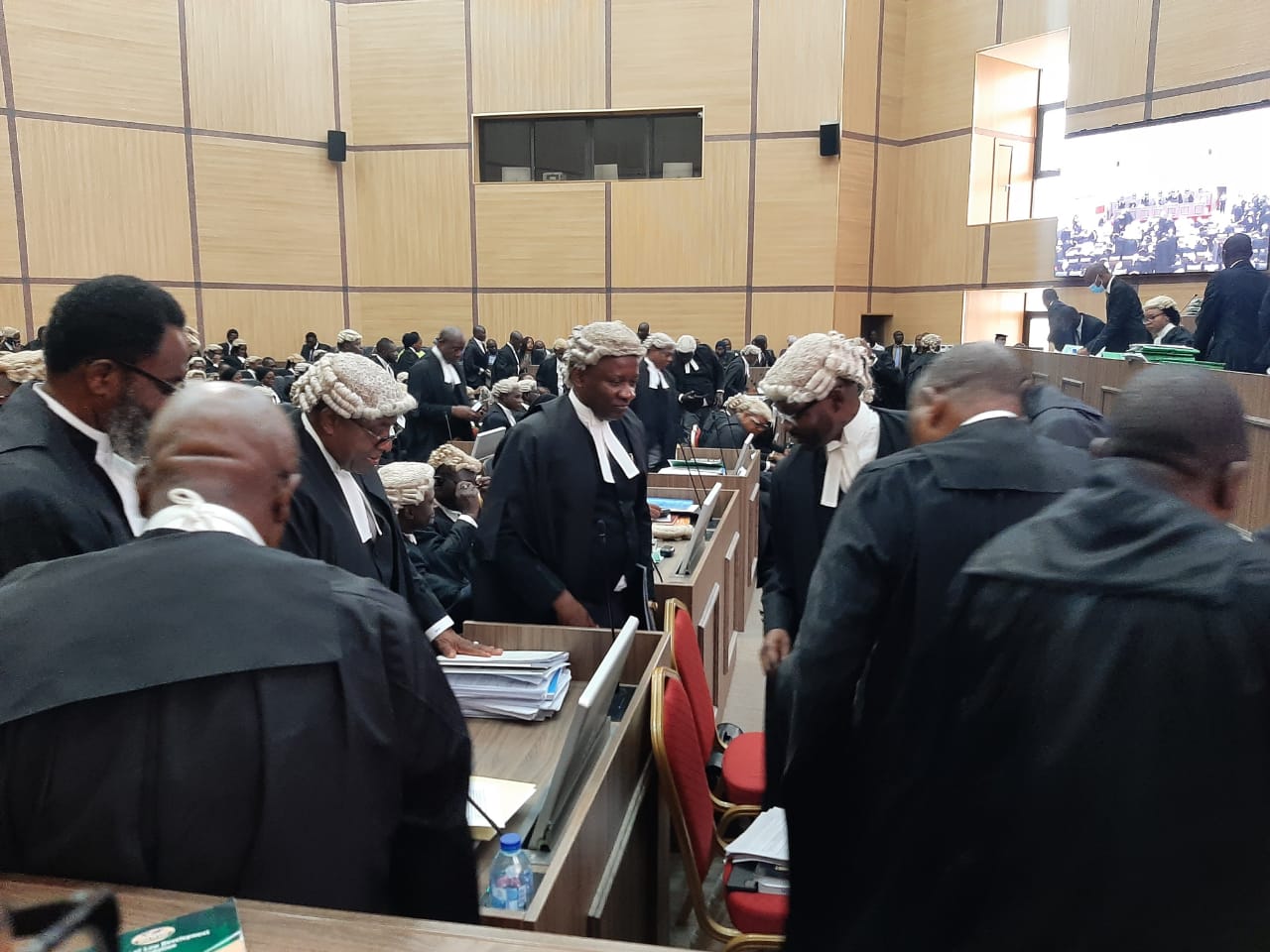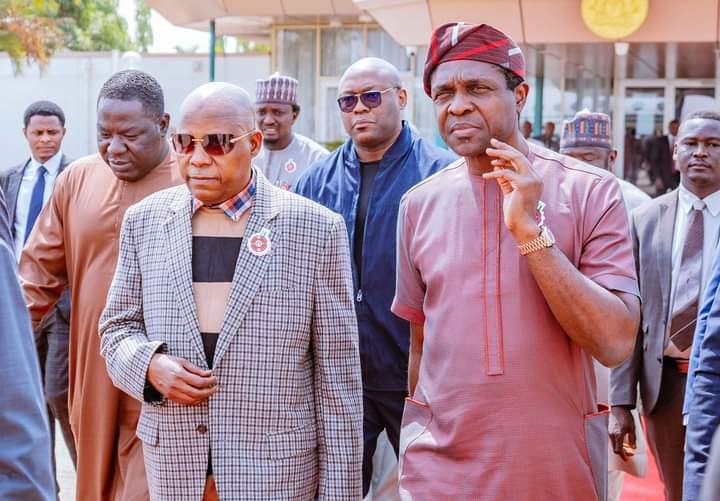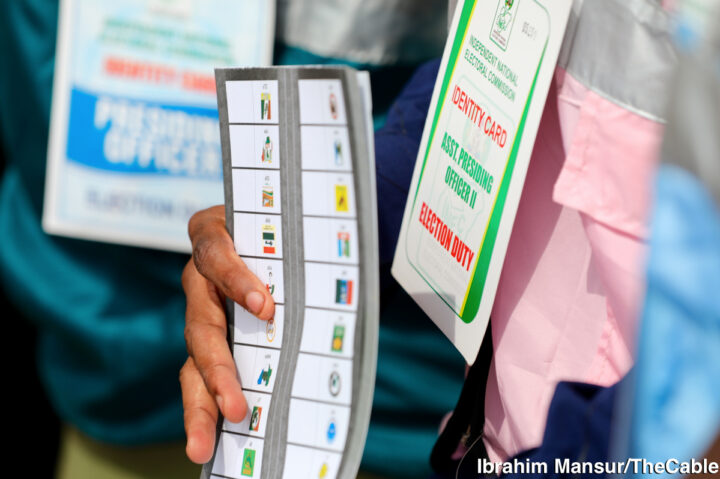The supreme court says there is no law in Nigeria that concerns itself about membership of a political party.
Delivering judgment on the Kano state governorship appeal on Friday, John Okoro who led a five-member panel of the apex court, said as long as a political party agrees to sponsor a candidate, he is eligible to contest the election.
In September, the Kano state governorship election petition tribunal sacked Yusuf as governor of the state and affirmed Nasir Gawuna of the All Progressives Congress (APC).
On November 17, the court of appeal upheld the tribunal’s verdict and added that Yusuf was not a member of the NNPP when he contested the election since his name was not in the party’s membership register.
Advertisement
The appellate court had premised its decision on section 177 (c) of the constitution and section 134(1) of the Electoral Act.
However, the supreme court held that the lower court erred in its verdict.
Okoro said contrary to the claim by the appeal court, “the trial tribunal never found that the appellant was not qualified to contest the election as erroneously held by the court below”.
Advertisement
“It was only an observation that his name was not contained in the 3rd respondent’s (NNPP) register admitted in evidence,” Okoro said.
“In fact, the finding of the tribunal on the issue…is to the effect that the issue has been laid to rest by this court that it is not within the right of the 1st respondent to question the appellant’s membership of the 3rd respondent.
“This court has consistently held in a legion of decided cases that the issue of nomination and sponsorship of a candidate for an election is exclusively within the prerogative of a political party as long as such selection and sponsorship is in compliance with the law.
“Being an internal affair of the sponsoring political party, it is not justiciable how a candidate sponsored came to be as long as it certifiable that the candidate participated in all the stages leading up to his nomination.”
Advertisement
The apex court further held that the law does not look at or consider how a political party arrived at sponsoring a candidate.
“The fact that the party decides to sponsor the person makes the person automatically qualified for the office of governor of a state,” Okoro said.
“The court said the law relied upon by (sec 177(c)) of the constitution only frowns at independent candidacy.
“The first respondent had no business questioning the membership of the appellant and his political party,” the judge held.
Advertisement
“It is not in doubt that the law by section 35 of the Electoral Act is against multiple nominations. But I am yet to find that provision which determines or checks membership of a political party.
“It therefore means that the law does not concern itself about membership of a political party as long as a candidate does not knowingly allow himself to be nominated by multiple political parties for the same election.
Advertisement
“The court below erred in law when it held that Sec 134(1)(a) of the Electoral Act juxtaposed with Sec 177(c) of the Act has opened the window for the court to investigate the qualification of the appellant duly sponsored by the 3rd respondent.
“No door or window was opened at any point. It does not matter whether the appellant was a foundation member of the 3rd respondent or joined shortly before the primaries.
Advertisement
“As long as the 3rd respondent has accepted, nominated and sponsored him, that door is shut and the ship has sailed.”
Advertisement
Add a comment






